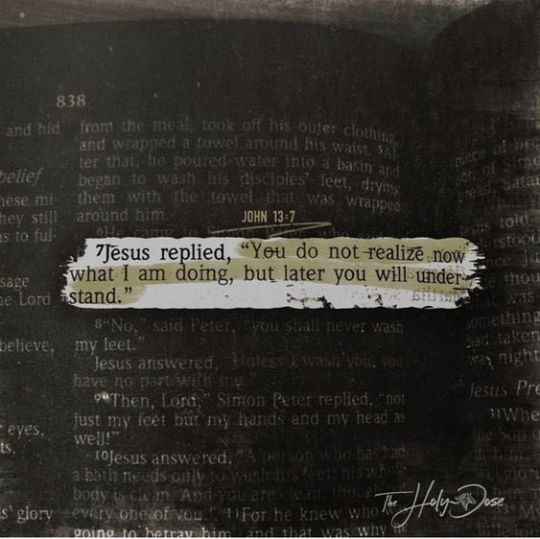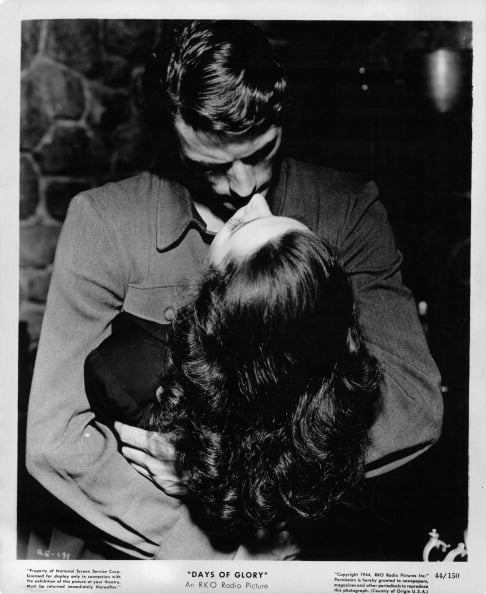acountrysunset
1K posts
Don't wanna be here? Send us removal request.
Text
ik i’m fine on my own but where is the love of my life
126K notes
·
View notes
Text
You are loved.
You are needed.
You are cared for.
You are cherished.
You are appreciated.
You are important
You are seen.
You are heard.
You are wonderful.
You matter.
4K notes
·
View notes
Photo



Don’t you know that nothing’s really ever beautiful
66 notes
·
View notes
Text
Hey all you Day6 lovers 👺
I made a wallpaper thingy cause I've been bored in quarantine and I wanted to share. Also if you guys like these maybe I'll make more for other groups! (maybe I'll make a side blog for it unless you like it here-)
Also-- If you use it please at least like and/or reblog this post! And please don't claim as your own-- I didn't put a watermark or anything on it because I believe it looks better without-- But I trust you guys to respect my wishes
1. psd: Peaches n Cream by bbyhyuck
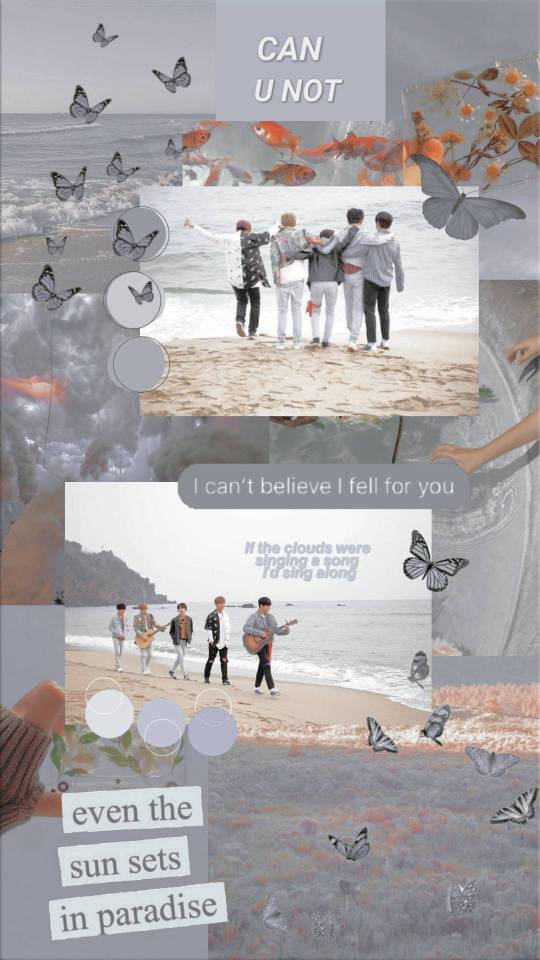
2. psd: Rainy Love by shalzpie (I'm currently using this one for my phone)
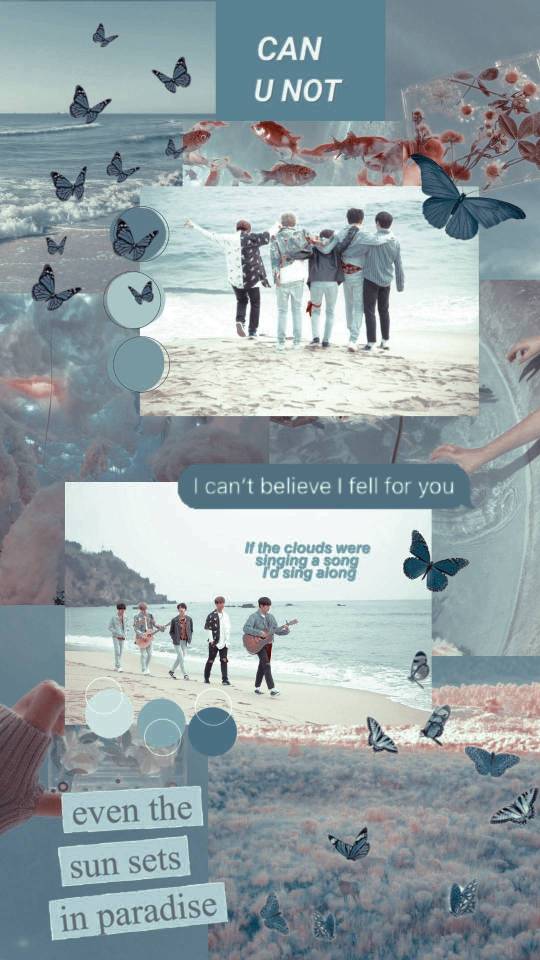
3. psd: Cradles by shalzpie
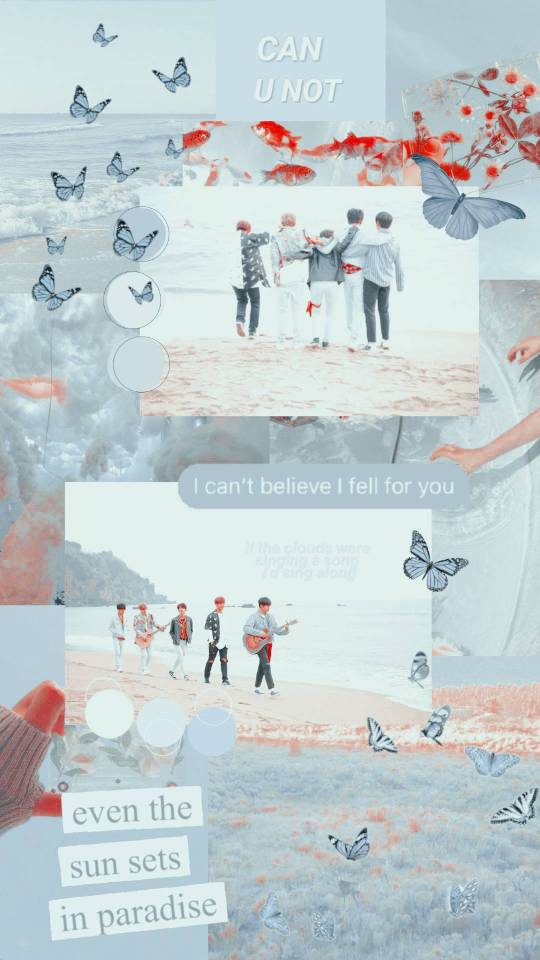
4. psd: Dance to This Psd by sofibearcolorings
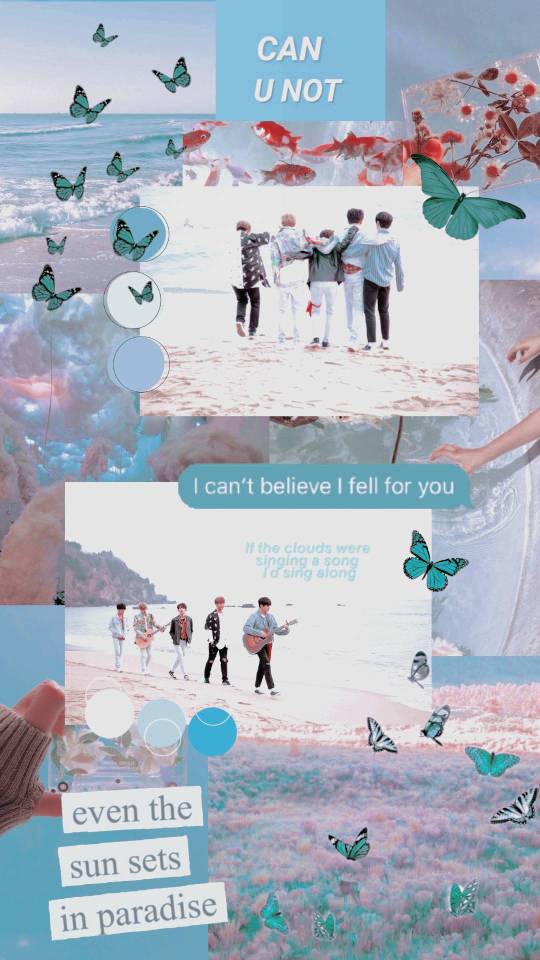
51 notes
·
View notes
Text
How to Read Like a Writer
This post was inspired by a great Ask I got recently:
How do I critically look at another person’s writing and implement what I like in their writing in my own writing? I’ve been having trouble improving in my writing, and frankly I’m not sure how to go about doing that, even. It’s easy to see what I like about another person’s writing, but hard to pinpoint exactly why…
Re-read.
If you get halfway into a chapter and think, Wow this chapter is super creepy–I wonder how they did that. Or get to the end of a book and think, I feel the poignancy of the fragility of human life in an inherently volatile economic system–I wonder how the writer made me feel that way… Go back and re-read that shit.
Re-read slowly.
When you read like a reader, you read pretty fast. When you go in for your second, or third, or fourth re-read of a passage, chapter, or book that you want to know more about, read it slowly. Really. Slowly.
Read for technique, not content.
Readers read for content (”In this paragraph, Damien gave Harold a classified envelope.”). Writers read for technique. (”In this paragraph, the writer made me feel curious about the contents of the envelope by giving sensory details about its appearance and weight.”)
Ask the right questions.
They usually start with HOW: How did the writer make me feel? How did they accomplish that?
Read small.
Did a chapter make you feel sad? Find out WHERE EXACTLY. What paragraph, sentence, or WORD did it for you? Was it a physical detail? A line of dialogue? A well-placed piece of punctuation? Stories are made of words and sentences. Narrow it down.
Practice.
Reading like a writer is a skill that takes time to develop. Over time, you’ll get better at it!
How about y’all? Anything to add to this list? I made it off the top of my head so I’m sure I’m forgetting something. What have been your experiences with learning to read like a writer?
Hope this helps!
//////////////
The Literary Architect is a writing advice blog run by me, Bucket Siler. For more writing help, check out my Free Resource Library or get The Complete Guide to Self-Editing for Fiction Writers. xoxo
790 notes
·
View notes
Text
some notes on POV
I wanted to type up a little rundown of quick n dirty writing tips based on things I see a lot in fic/ amateur original manuscripts, and, uh, it turned out that they all revolved around POV. Nailing point of view in fiction writing is both crucial and one of the least intuitive building blocks of writing to learn: an understanding of POV has been the only useful thing i took from my college creative writing classes, and god knows how long I’d have stumbled along without it otherwise.
So! I am saving you, baby writer, the trouble of slogging through a miserable writing class with a professor who’s bitter as FUCK that genre fiction sells better than his “sad white man drinking” lit fic novels. Here are some assorted writing tips/ common mistakes and how to fix them, as relating to POV:
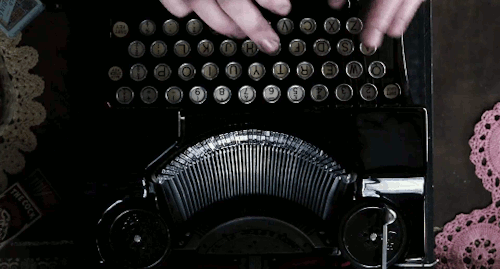
(this turned into a WALL OF TEXT so i will be using gifs to break it up)
> “I watched the ship tilt” “he saw the sky darken” “she noticed flowers growing on the rusted gate.” no. If the character who felt/saw/noticed etc is your POV character, whether in first or third, then this is called filtering and it takes the reader out of the story by subtly reminding them of the separation between the POV character and themselves. in most styles of writing, this is bad, not to mention it unnecessarily complicates your prose. try again: “the ship tilted.” “the sky darkened.” “flowers grew on the rusted gate.” Readers will instinctively understand that the POV character is witnessing the story happen, they don’t need to be told it.
I’m not telling you to never refer to your character “watching” something, of course: “I watched the birds dart around for hours,” isn’t filtering because watching is a notable activity, here, rather than an unnecessary obfuscation of the “real” thing happening. But understand how phrasing can jar readers momentarily apart from the character viewpoint, and use it with intention.
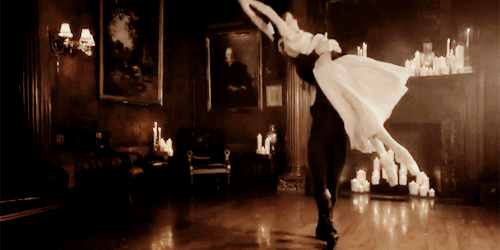
> Close Third Person POV still requires you to be mindful of your POV character. this is a rookie mistake i see allllllll the time. “Josh cried stupid tears at the beautiful display by the dancers,” is a sentence in Josh’s POV. “Stupid” tells us how he feels about the tears, “beautiful” tells us how he feels about the display. ok. all good so far. BUT.
“Josh cried stupid tears at the beautiful display by the dancers. It was everything he’d wanted from this production, from the lighting to the costumes to the exquisite choreography. Martha had to suppress a fond smile at his reaction; he was always so sweetly emotional after the curtain fell.”
Do you see what’s wrong with this paragraph? The first two sentences are Josh’s POV, and then the third one suddenly becomes Martha’s. A lot of amateur writers don’t even realize they’re doing this, which in its most egregious form is called “head-hopping,” but it’s disorienting and distracting for the reader, and makes it harder to connect with a single character. In multi-person close 3rd POV story, the POV should remain the same for an entire chapter (or at least, for an entire scene/ segment,) and change only between them. If you’re new to POV wrangling, watch your adjectives/ interiority (we’ll get to that in a second) and think “which character am I using as a lens right now, and am I being consistent" every once in a while until you get the hang of it.

> Related: let’s talk about interiority. Interiority is a more sophisticated way of thinking of a character’s “internal narration,” IE bits of prose whose job is not to advance the plot, set tone, or describe anything, (although it CAN do any of those things as well, and good prose will multitask) but to give us a specific sense of the character’s internal life, including backstory, likes, dislikes, fears, wants, and personality. In the above example paragraph, the middle sentence “It was everything he’d wanted from this production, from the lighting to the costumes to the exquisite choreography” Is interiority for Josh. It tells us that not only did he love the show, he’s very familiar with this art form and thus had expectations going in; likewise, listing the technical components is a way of emphasizing his enthusiasm while pointing out that it’s informed, implying that Josh himself is intellectually breaking down the performance even in appreciation.
“That’s a lot for a throwaway sentence you made up for an example.” Well, yeah, a little interiority goes a long way. Interiority is what creates the closeness we have to POV characters, the reason we understand them better than the non-POV characters they interact with. It’s particularly key in the first couple chapters of an original work, when we need to be sold on the character and understand the context they operate in.
If readers are having trouble connecting to or understanding the motivations of your character, you might need more interiority; if your story’s plot is agonizingly slow-moving (and you don’t want it to be) or your character is coming off as melodramatic, you might need less. It’s not something you should necessarily worry about; your amount of interiority in a WIP is probably fine, but being able to recognize it for what it is will help you be more mindful when you edit.
(Fanfic as a medium revels in interiority: that’s how you get 10k fics where nothing happens but two characters lying in bed talking and having Feelings. Or coffeeshop AUs that have literally no plot to speak of but are 100k+ long.)

> try not to describe the facial expression of a POV character, even in third person. rather like filtering, it turns us into a spectator of the character when they’re supposed to be our vessel, and since it’s *their* POV, there should be other ways available to communicate their emotion/ reactions. There are ways of circumventing this, (the example sentence where “Martha had to suppress a fond smile” is an example) where their expression is tied up in a physical action, or something done very deliberately by the character and therefore becomes something they would note to themselves, but generally, get rid of “[pov character’s] eye’s widened” and “[pov character] smiled.”
so that’s what i got! go forth and write with beautifully deliberate use of POV.

7K notes
·
View notes
Text
There's nothing greater than accepting Jesus as your Lord and Savior. Just heard that Kobe went to church the morning before he died and gave his heart to the Lord and the president of Brazil did as well! Best decision we can ever make ❤️
0 notes
Text
Both of these are great points but are extreme and usually believers should be in the middle. if we cut off EVERYONE that isn't saved or still clinging to their old life, then how do we be a light to them? we aren't supposed to isolate ourselves and only connect with Christians. we're to sit with them like Jesus did and speak truth to them. But if there's a certain person that you've stuck by continually and if they're no longer meant to be in your life, it's ok to remove them/step back. You cannot change them. You're not their God. Your job is to love, pray, and be a light only. Let God do what only He can!
Remember, you have NO IDEA what somebody's been through to be the way they are! even if you do, and you wonder why can't they stop this or that? like it's an easy hurdle to overcome... you still aren't them. we're all attacked in different ways and we must give grace to others and trust God to do His thing.
I’m not sorry but any Christian sect that says believers must never associate with unbelievers or must cut off contact from unbelieving family members isn’t Christian and is, in fact, a cult, and that’s just the facts.
549 notes
·
View notes
Text
One of the KINDEST thing you can do is see HUMANNESS in someone else, and still not disqualify the ANOINTING of God on their life.
Ck Thompson
0 notes
Text
You think because you're still seeing the same things then it's over. You begin to let the enemy's tricks bring you down and forget the promises you have been told.
Don't give up. The promises are closer than you think. That's why you're being fought so hard right now. Strengthen your faith. Your new normal is on the way. Change is coming. God will not fail you!
4 notes
·
View notes
Photo
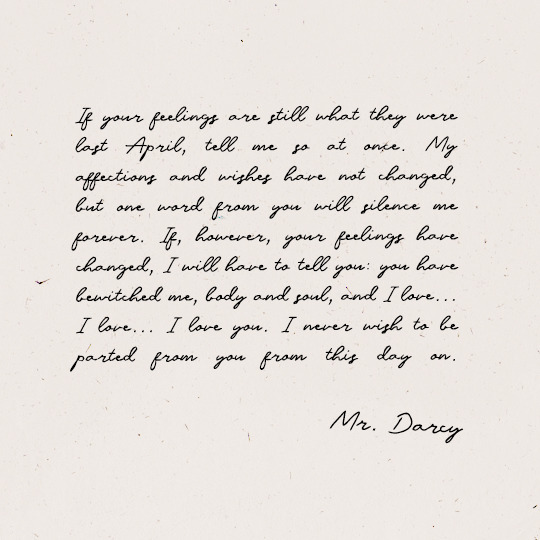
You must know… surely, you must know it was all for you. You are too generous to trifle with me. I believe you spoke with my aunt last night, and it has taught me to hope as I’d scarcely allowed myself before.
6K notes
·
View notes
Text
Sometimes I feel like writing tips are sought out by people hoping that by combining them it will have the same effect as a potion or incantation and will magically make their writing good and them good at it. That, that's never going to be true. That doesn't happen. "Show don't tell" is not an essential oil that will cure your story's cough. Avoiding the word "suddenly" will not prevent your story from catching a cold. Writing a love triangle will not cast misfortune upon your crops.
Just, write stuff. Then write stuff again. Then again.
I created more problems in my new writing by trying to avoid the problems of my old writing. I've edited to death some stories so that they no longer have any style or intrigue. Some writing tips I wielded like a bludgeon and had to rebuild my stories all over again. Misuse or overuse or abuse or whatever of writing tips can damage your writing and how you feel about writing. They are not cures and they will not ward off all potential criticism. Don't take writing tips too seriously.
2K notes
·
View notes





